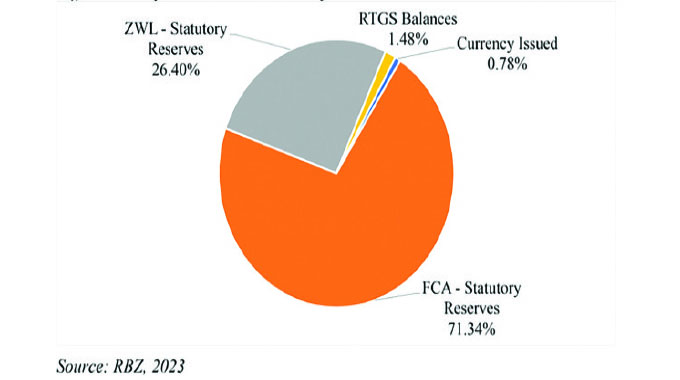Govt to decide on reporting reforms

Taurai Mangudhla Senior Business Reporter
GOVERNMENT is assessing proposals by industry on a new financial reporting framework. This will take into consideration the implications of bond notes and multiple currencies on financial statements. This clashes with the central bank’s position that bond note’s value is at par with the United States dollar.
Sources from the Public Accountants and Auditors Board (PAAB) say the regulator has come up with a list of recommendations, sent to Government through the Ministry of Finance and Economic Planning earlier this year, to cater for the peculiar situation Zimbabwean business finds itself in.
The Zimbabwe Accounting Practices Board (ZAPB), which is the technical accounting and auditing of PAAB, finalised their submissions around October 2017.
Although feedback is yet to come from Government, some companies have already started factoring in some of the recommendations in their recently published annual reports.
“Some of the companies have made adjustments to partly include the recommendations. This should help clarify some issues to investors especially those outside the country,” said a source who requested not to be named.
An accounting conundrum emerged post dollarisation when Government started issuing Treasury Bills whose stock breached the $2 billion mark by March last year. Discounted bills became a major focus.
Banks were issued with long-dated TBs of about $550 million for acquisition of non-performing loans by the Zimbabwe Asset Management Corporation (Zamco) while $300 million was issued for capitalisation of a number of entities including Zimbabwe Stock Exchange- listed ZB Holdings.
Bond notes which were released into the market as an export incentive starting November 2016 reached $500 million.
The bond notes are backed by an Afreximbank loan and their value is at par with the United States dollar.
However, as foreign currency shortages grew, the value of the bond notes and electronic balances slid against the green-back. Companies that earn foreign currency or sell some of their products for hard cash generally find it easier to import while those that deal in bond notes apply for hard currency from the RBZ.
However, the value of the physical bond notes and that of the physical US dollar note as well as that of RTGS has been shifting with the bond note and the RTGS falling against the US dollar. A premium of up to 55 percent is currently paid on electronic balances for the US dollar on the black market.
Businesses at times buy foreign currency on the black market to avoid queuing at the central bank.
Questions emerged over the extent to which fluctuating values of the bond note and electronic balances pose a risk to business.
Banking experts who spoke to The Herald Business on condition of anonymity also argued that companies should actually report differently stating the US dollar component and bond notes.
Last year email news service FinX reported that Institute of Chartered Accountants of Zimbabwe (ICAZ) engaged the central bank to discuss exchange control directives to allow accountants fair value disclosure on reporting currency and functional currency.








Comments